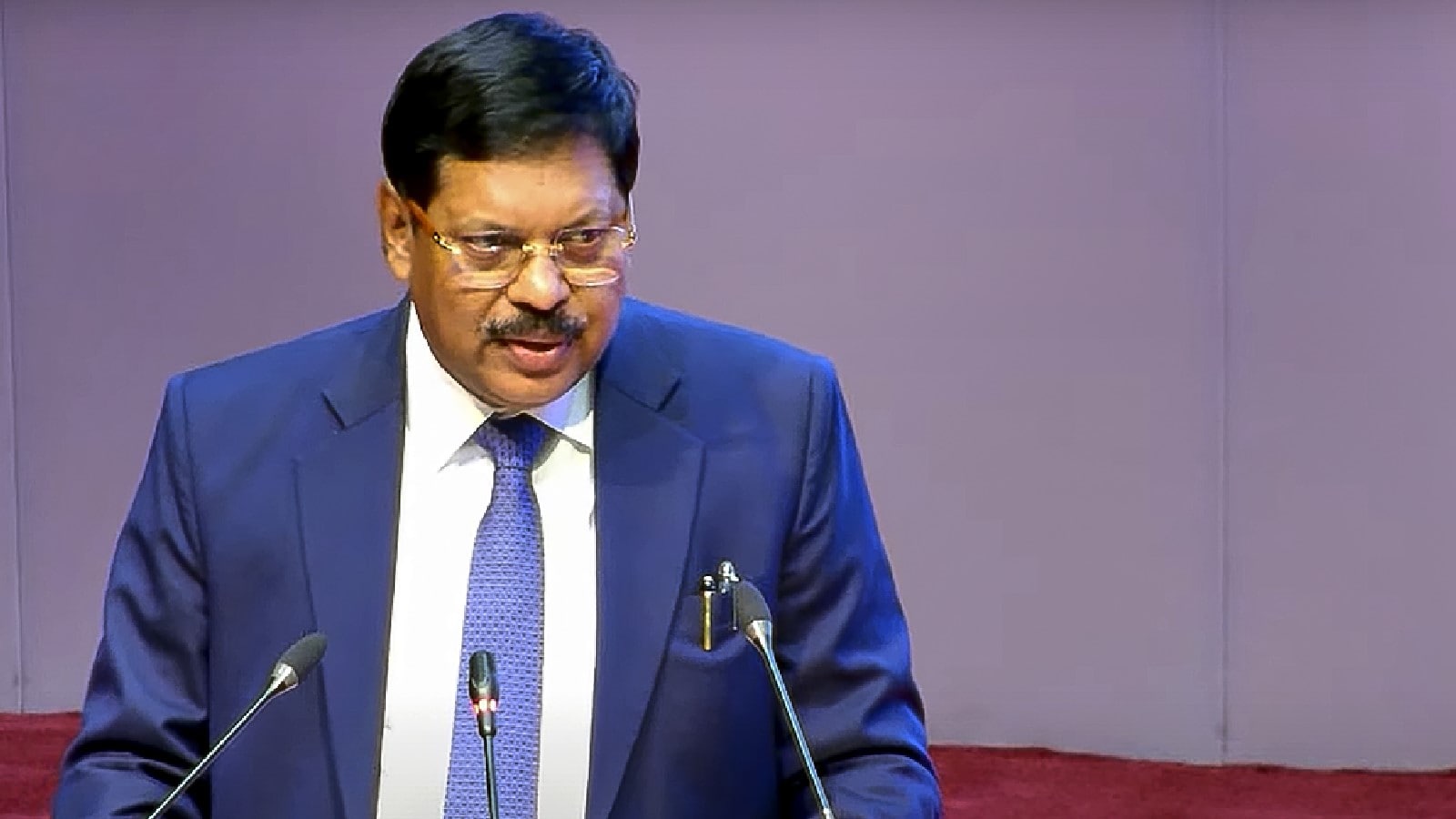AI in Courts: CJI Gavai Emphasizes Human Judgement's Crucial Role - Technology as a Tool, Not a Replacement

In a landmark address, Chief Justice of India (CJI) D.Y. Chandrachud (Gavai) has underscored the vital importance of human judgement in judicial decision-making, even as artificial intelligence (AI) increasingly enters the legal landscape. The CJI stressed that technology should serve as a complement to, rather than a replacement for, the human mind, particularly when dealing with intricate legal matters.
The growing integration of AI in various sectors, including law, has sparked considerable debate. While AI offers potential benefits like enhanced efficiency and data analysis, CJI Gavai cautioned against over-reliance on these tools, particularly when navigating the complexities of the justice system. He highlighted the inherent limitations of current AI models in fully comprehending the nuances of human context, societal implications, and ethical considerations.
“Complex legal issues rarely exist in a vacuum,” the CJI explained. “They are deeply intertwined with human experiences, societal values, and often, difficult ethical dilemmas. AI, in its present state, lacks the capacity to fully appreciate these aspects, which are fundamental to delivering just and equitable outcomes.”
The CJI’s remarks reflect a growing global concern about the potential pitfalls of blindly adopting AI in fields requiring human empathy and nuanced understanding. The judiciary, with its responsibility to uphold justice and fairness, demands a particularly cautious approach.
The Human Element in Justice
The core of the CJI’s argument revolves around the irreplaceable role of human intuition, empathy, and ethical reasoning in judicial processes. Legal decisions frequently involve interpreting laws in light of specific circumstances, considering the motivations and vulnerabilities of individuals, and weighing competing interests. These are areas where human judgement excels, and where AI currently falls short.
For instance, assessing the credibility of a witness, understanding the impact of a crime on victims, or determining the appropriate sentence for a defendant requires a level of human understanding that AI, based on algorithms and data sets, cannot replicate. The CJI’s emphasis is not against the use of technology, but rather a call for a balanced and discerning approach.
AI as a Supportive Tool
CJI Gavai acknowledged the potential of AI to assist judges and legal professionals. AI can be valuable for tasks such as legal research, document review, and identifying relevant precedents. However, he emphasized that these tools should be viewed as aids, not substitutes, for human judgement. The ultimate responsibility for making legal decisions rests with human judges, who must exercise their discretion and apply their understanding of the law, ethics, and human context.
Looking Ahead: Responsible AI Integration
The CJI’s message serves as a timely reminder that the integration of AI in the judiciary must be approached with careful consideration and a commitment to preserving the core values of fairness and justice. Moving forward, it will be crucial to develop ethical guidelines and regulatory frameworks that ensure AI is used responsibly and in a way that complements, rather than undermines, the human element in judicial decision-making.
The future of law likely involves a collaborative partnership between humans and AI, where technology enhances human capabilities without diminishing the crucial role of human judgement in the pursuit of justice.






